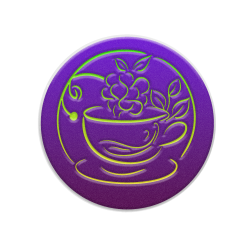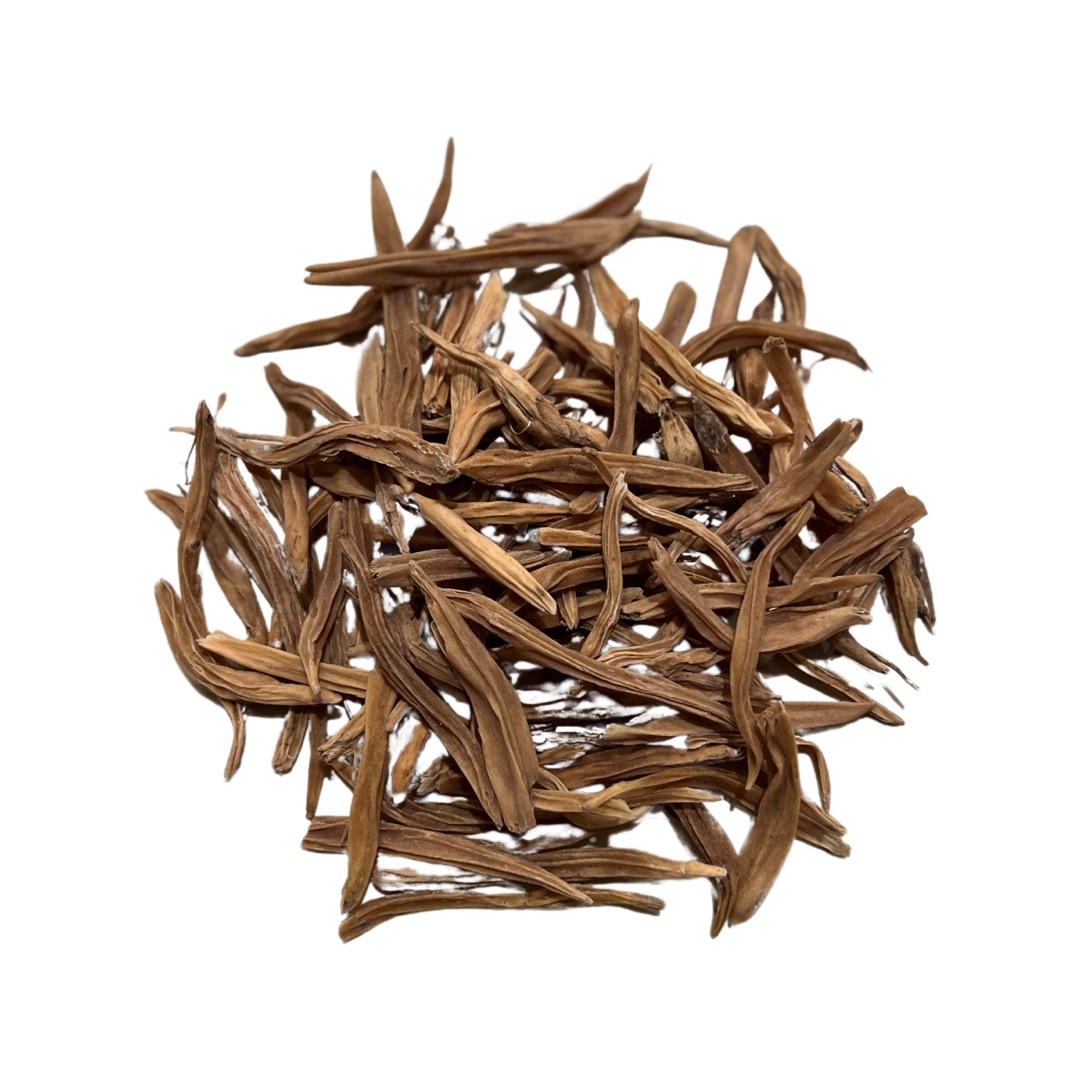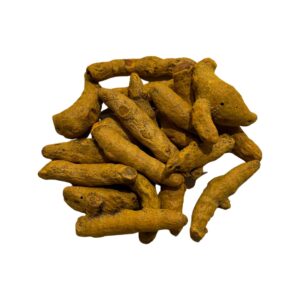ENERGETICS
Rasa (taste) Bitter, sweet
Virya (energy) Cooling
Vipaka (post-digestive effect) sweet
Guna (quality) Unctuous, heavy
Dosa effect VP-,K+
Dhatu (tissue) All tissues
Srotas (channel) Digestive, female reproductive, respiratory
CONSTITUENTS
Alkaloids- Asparagamine
Steroidal glycosides and saponins Shatavarin, sarasapogenin, diosgenin
Mucilage
(Williamson 2002)
AYURVEDIC ACTION
Balya- Gives strength
Vrsya Aphrodisiac
Vajikarana Enchances sexual appetite
Rasayana Rejuvenative, especially to the female reproductive system
Artavajanana Promotes menses
Prjasthapana
Prevents miscarriage
Ojovardhanam Increases ojas
Stanyajanana Nourishes breast milk
Medhya Nervine
Mutravirecana Diuretic
Sukrajanana Promotes sperm production
Sukrasodhana Purifies the sperm
Rktapittaghna Alleviates bleeding from heat
Caksusya Benefits eye sight
Sulaprasamana Alleviates colic
BIOMEDICAL ACTION
Demulcent, galactagogue, anti-inflammatory, aphrodisiac, female reproductive tonic, spermatogenic, antihemorrhagic, expectorant ,adaptogen, immunomodulator, antibacterial
INDICATIONS
Gynaecology Shatavari is the foremost uterine tonic. Primarily used as a menstrual irregularity. As pitta dosa moves in both the blood and the artav srotas, the cycle is often used disturbed heat can condense the blood (due to dehydration), cause it to move too quickly (due to its catalytic activity), cause it to over flow (due to its ‘rebellious’ nature) and cause inflammations (due to its irritating tendency). Its affinity for sukra dhatu tonifies female fertility; the unctuous properties increase the reproductive fluids, enhancing both conception and uterine strength. It can be used to help prevent miscarriage. Shatavari is very useful in menopausal symptoms with hot flushes, irritability, irregular memory, and dryness (Frawley & Lad 1994).
Lactation Its nourishing effect on rasa dhatu make it specific for increasing milk flow and quantity.
Digestion Its unctuous , bitter and sweet qualities soothe inflammation of the mucous membranes with high pitta: colitis, Crohn’s disease, dysentery with bleeding, inflammation and pain. It is specifically active against Entamoeba histolytica. For conditions of gastric hyperacidity (amlapitta) with sour reflux and burning in the stomach it is a cooling anti-inflammatory. Its demulcent properties are specifically useful for healing bleeding ulcers gastritis (Paranjpe 2001 Williamson 2002).
Lungs Where there is inflammation from dryness and heat shatavari increases moisture and haemoptysis.
Male fertility Wherever there is low sperm count and irregularity consider using shatavari (Bhavaprakasa)
Urine Very useful in dysuria with hot and smelly urine with haematuria.
Anabolic Shatavari’s rasayana properties increase mamsa dhatu building body mass, muscle tissue and nourishing the blood it nourishes ojas and can enchance immunity in the treatment of cancer (Tilloston 2001).
Nerves It nourishes majja dhatu and calms the nerves . It specifically nourishes the brain and reduces vata disorders: spasms, pain and insomnia.
CONTRADICITONS
Acute lung congestion, high kapha, low digestive fire, high ama.
SAFETY
No drug-herb interactions known.
DOSAGE
3-0g per day dried or 3-15ml of a 1:3 @25% tincture.




Reviews
There are no reviews yet.